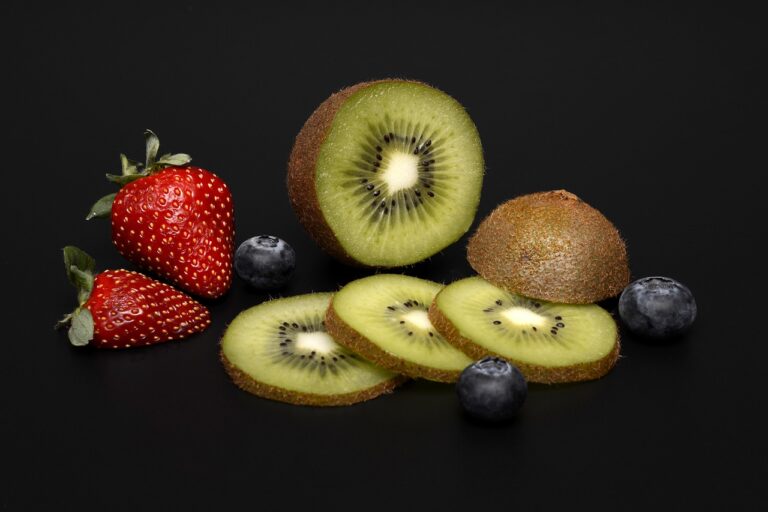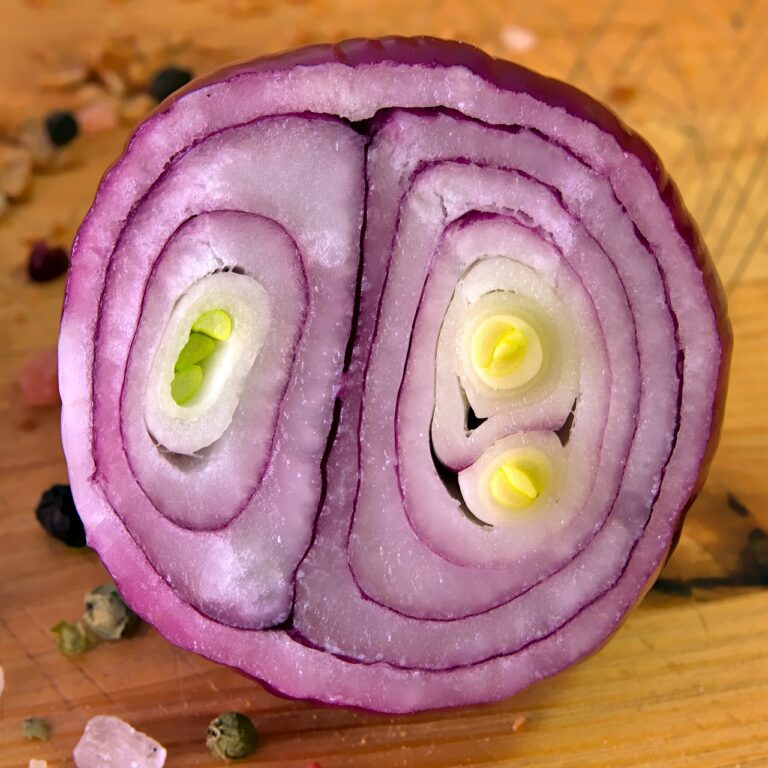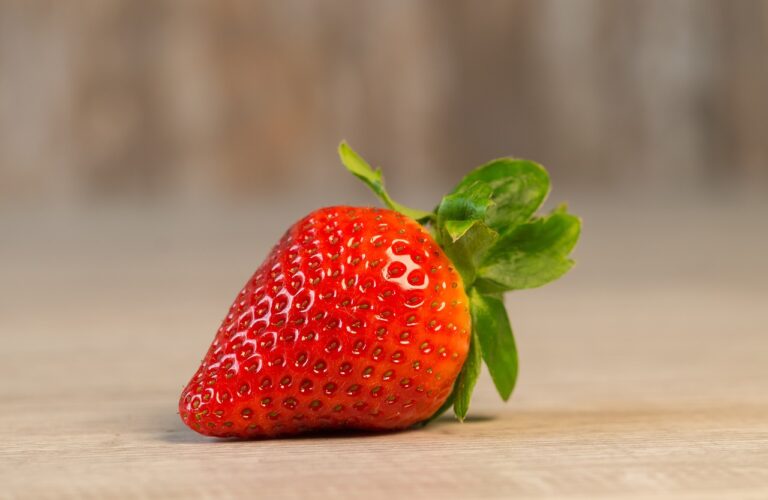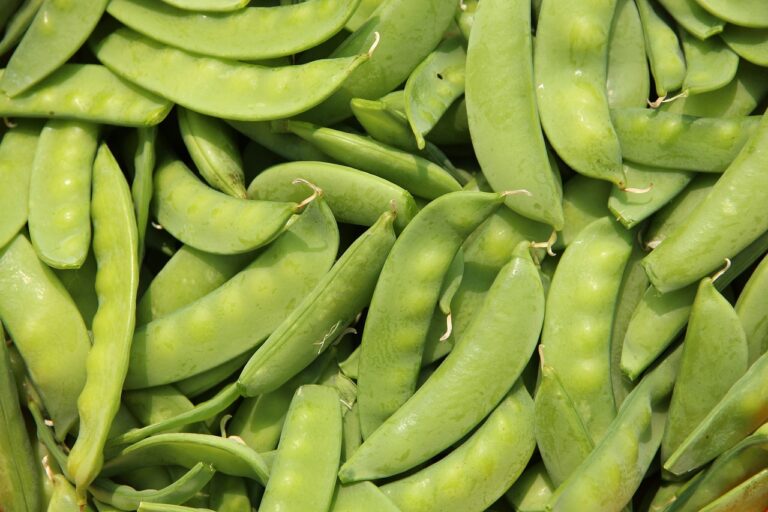Exploring the Health Benefits of Beetroot
Beetroots boast an impressive nutritional profile, making them a valuable addition to one’s diet. They are low in calories but rich in essential nutrients like fiber, folate, and vitamin C. Additionally, beetroots contain nitrates, which have been linked to potential health benefits such as improved exercise performance and lower blood pressure.
Furthermore, beetroots are a good source of iron, potassium, and antioxidants, which can help protect cells from damage caused by free radicals. The vibrant color of beetroots is due to the presence of betalains, which are unique antioxidants with anti-inflammatory properties. Including beetroots in your meals can be a simple yet effective way to enhance your overall health and well-being.
How Beetroot Can Improve Heart Health
A key component in beetroot that contributes to its heart-healthy reputation is nitric oxide. Nitric oxide helps to relax and dilate blood vessels, which can lead to better blood flow and lower blood pressure. By improving blood circulation, beetroot may aid in reducing the risk of cardiovascular issues such as heart disease and stroke.
Furthermore, beetroot is packed with antioxidants and anti-inflammatory properties that can protect against oxidative stress and inflammation in the body. These benefits play a crucial role in promoting heart health by combating factors that can contribute to the development of heart-related conditions. Incorporating beetroot into your diet can be a simple and flavorful way to support your heart health in the long run.
What nutrients are found in beetroot?
Beetroot is rich in nutrients such as fiber, vitamin C, folate, potassium, and manganese.
How does beetroot improve heart health?
Beetroot has been shown to help lower blood pressure, improve blood flow, and reduce the risk of heart disease.
Can beetroot be consumed in different ways?
Yes, beetroot can be eaten raw, boiled, roasted, or pickled. It can also be juiced or blended into smoothies.
Are there any side effects of consuming beetroot?
In some cases, consuming large amounts of beetroot may cause your urine or stool to turn red. It may also interact with certain medications, so it’s best to consult with a healthcare provider.
How much beetroot should be consumed for heart health benefits?
Consuming around 1-2 cups of beetroot a day can provide heart health benefits. However, it’s always best to consult with a healthcare provider for personalized advice.







